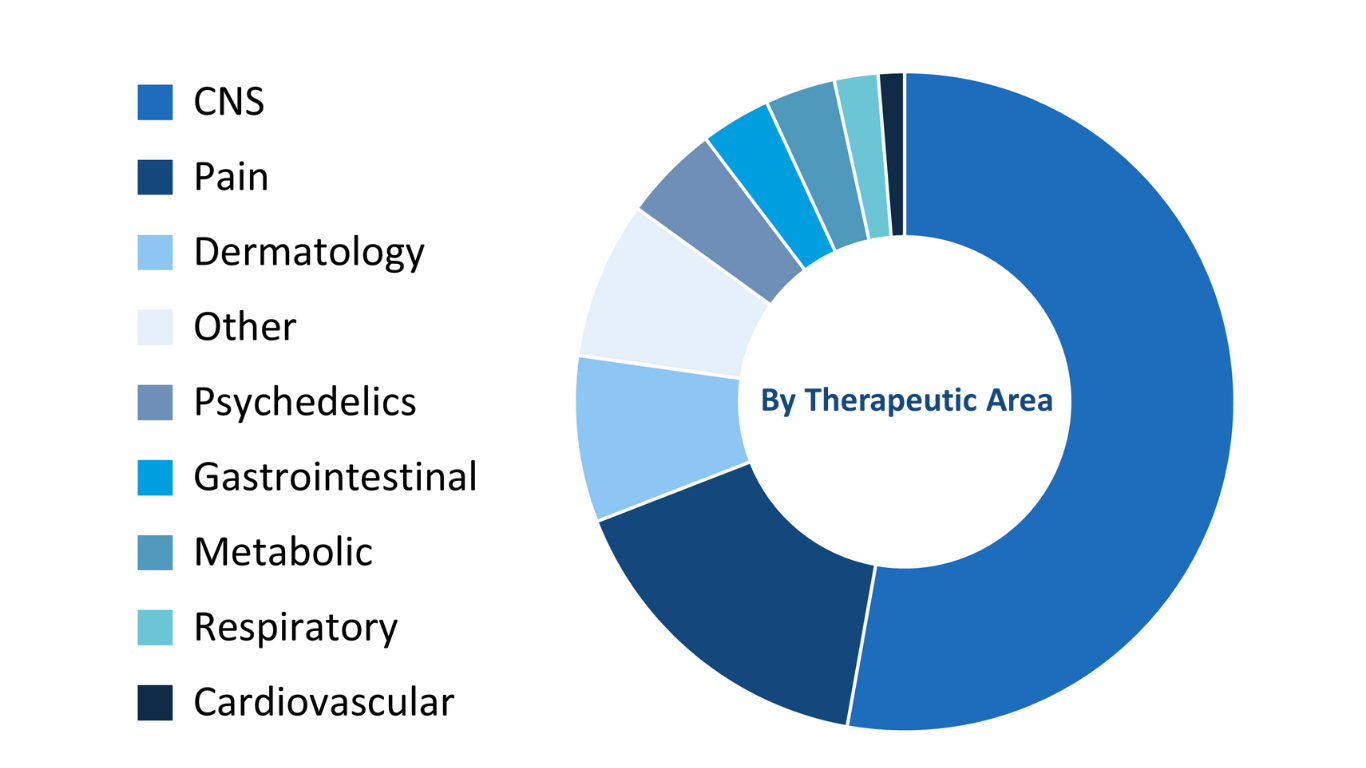THCV improves glycaemic control in Type 2 Diabetes
“Diabetes is at crisis levels”: The International Diabetes Foundation calculate that 366 million people have diabetes and another 280 million are at identifiably high risk of developing diabetes. If nothing is done, by 2030 this number is expected to rise to 552 million with diabetes and an additional 398 million people at high risk.
There is no cure for diabetes, so treatments are aimed primarily at controlling blood glucose levels. There is recognition that advances in the treatment of Type 2 diabetes should focus not merely on glucose control but in protecting the overworked pancreatic islet cells from failure. Thus, there is an unmet need for improved insulin sensitizer drugs and oral treatments that result in a restoration of normal insulin production and glucose-dependent release of insulin from pancreatic islets.
Clinical Research
The Manchester site of MAC Clinical Research recruited 33 out of 62 Type 2 Diabetes patients, into a Phase 2a trial that examined a number of clinical endpoints. The study assessed whether two different constituents of the Cannabis sativa plant might be helpful in the control of blood sugar, largely by improving pancreatic islet cell function. Five different treatments, including placebo, were administered as oral capsules, twice daily. The trial enrolled a total of 62 Type 2 diabetes patients, such that each treatment group had 11 to 14 patients.
The trial showed that GWP42004, an oral non-psycho-active cannabinoid treatment, produced the following statistically significant and very desirable anti-diabetic effects: reduced fasting plasma glucose levels with an increase in fasting insulin, improved pancreatic beta-cell function, increased serum adiponectin; in addition, there was a reduction in systolic blood pressure, and reduced serum IL-6 levels. Several of these findings are consistent with pre-clinical data, suggesting therefore that GWP42004 protects the insulin-producing cells of the pancreatic islets, a highly desirable feature of a new anti-diabetic medicine, increases insulin sensitivity, and reduces fasting plasma glucose levels.











